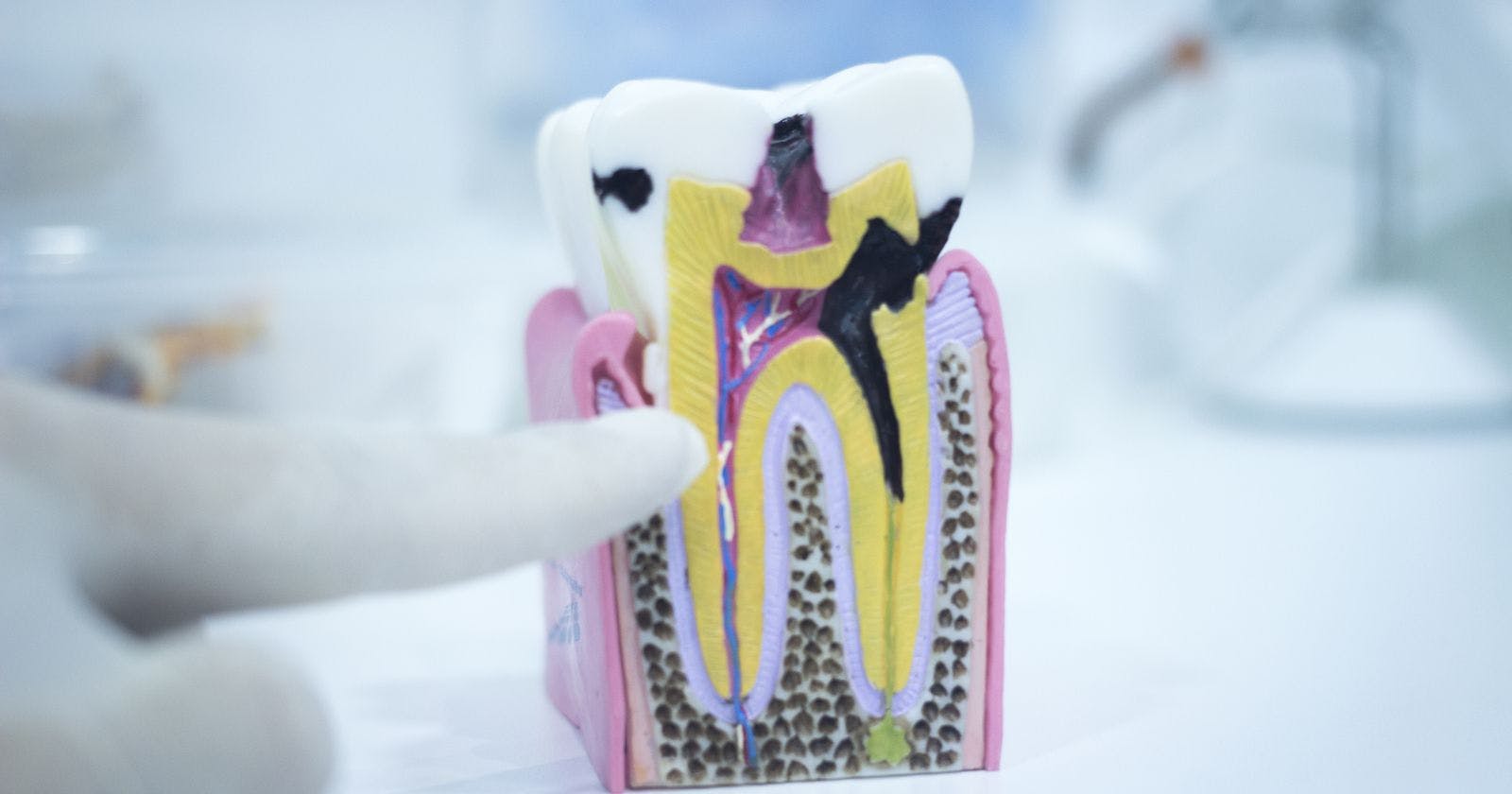Your teeth are intricate dental structures comprised of many diverse components. Illusion aligners correct misaligned or crooked teeth. It's virtually invisible and removable alternative to braces. The enamel of your teeth appears as the outermost layer that shields the internal parts of the teeth and gives them their white look. Did you know that occasionally, kids develop teeth that do not have this layer of protection? Continue reading to learn more about this condition and treatment options for teeth that lack enamel or with weak enamel.
What Is Amelogenesis Imperfecta?
Amelogenesis Imperfecta is an abnormality in the development of teeth that causes a lack of enamel. It can affect infant teeth as well as permanent teeth. In the most severe cases, no enamel forms on the teeth. Additionally, in normal situations, the tooth enamel is weak and thin.
Healthy enamel can be used for many purposes. It is particularly useful as a buffer that protects against tooth decay. The hard outer layer protects the inside layers of teeth from the harmful effects of plaque and acids. Additionally, it prevents tooth sensitivity from extremely cold or hot foods and drinks. If someone isn't equipped with this barrier, it could cause various dental problems.
What Does It Look Like?
Amelogenesis imperfect can affect the appearance and strength of teeth. Teeth appear thin, discolored, broken, and vulnerable to break. There are four categories of amelogenesis imperfecta, each having distinct signs and symptoms:
Hypoplastic: This form of AI is distinguished by the presence of small or normal crowns (the top of the teeth), misalignment between the lower and upper teeth, and tooth discoloration. The enamel could be thin, smooth, or normal and have lines, grooves, and pits.
Hypomaturity: Type 2 AI can affect the alignment of teeth. People suffering from this type of amelogenesis imperfecta usually suffer from an open bite in which the front teeth on the upper side and lower teeth do not touch while the mouth shuts. The tooth's surface may be an ecru white or rough, yellow-brown texture that can be sensitive or painful. The enamel is likely to appear normal in thickness but can appear damaged or chipped.
Hypocalcified: Type 3 is related to an open bite, as well as a tooth surface that is white to yellow-brown that could be tender and swollen. As with type 2 AI, those with type 3 are more likely to have tooth enamel that has chipped.
Hypomaturation/Hypoplasia/Taurodontism: Type 4, or enamel hypomaturation or taurodontism, occurs when teeth have a white to yellow-brown look with spots. The enamel is softer and thinner than normal.
What Problems Can It Cause?
Teeth with missing soft, thin, or enamel are at risk of developing issues like gum disease, tooth decay, and tooth sensitivity. Healthy enamel shields your teeth from dental issues. If you don't have this protective layer, delicate tooth parts are exposed. Dentin, the second layer on the tooth, is composed of thousands of tiny tubules that connect to the tooth's pulp (which is composed of blood vessels and nerve endings). When these areas that comprise the teeth are subjected to hot or cold foods or drinks, they cause irritation, sensitivity, and pain.
How Can It Be Treated?
Treatment options will be based on the kind of amelogenesis imperfecta diagnosed with. Your dentist might suggest restorative procedures such as sealants, implants, crowns, or bonding. These can restore the shape, size, strength, appearance, and appearance and shape of the teeth affected. Malocclusion (an irregular alignment of the lower and upper teeth when jaws close) is a typical symptom of AI. People suffering from AI should consult an orthodontist for advice on treatment options that will fix a poorly aligned bite.
Teeth that have no or very small amounts of enamel are a problem that could affect your or your child's confidence since it can affect the appearance and function of your teeth. When you or your kid suffer from an uneven tooth surface or discoloration, as well as sensitivities, you should not be afraid to consult an expert in dentistry. They can recommend the most effective treatments to improve your oral health and restore that confidence to your smile.
